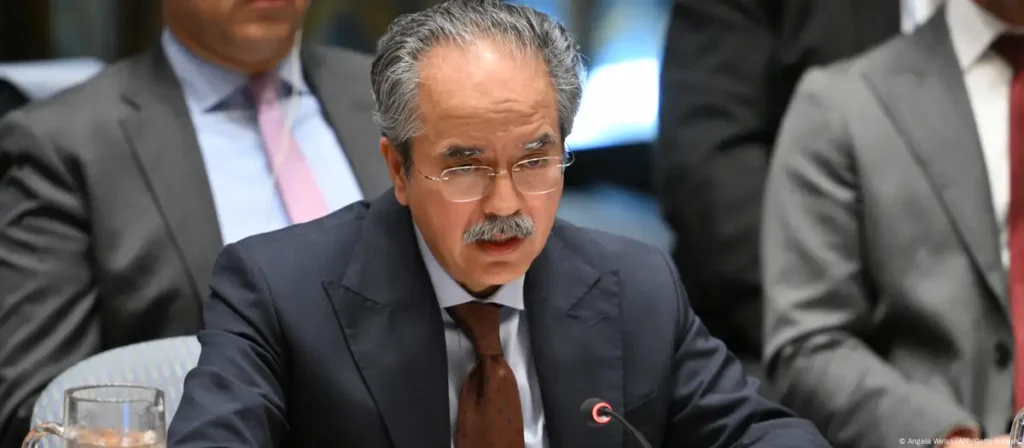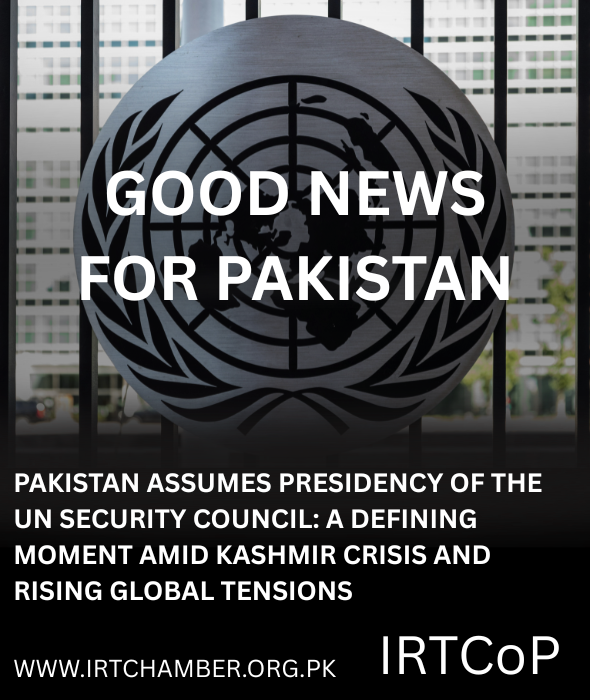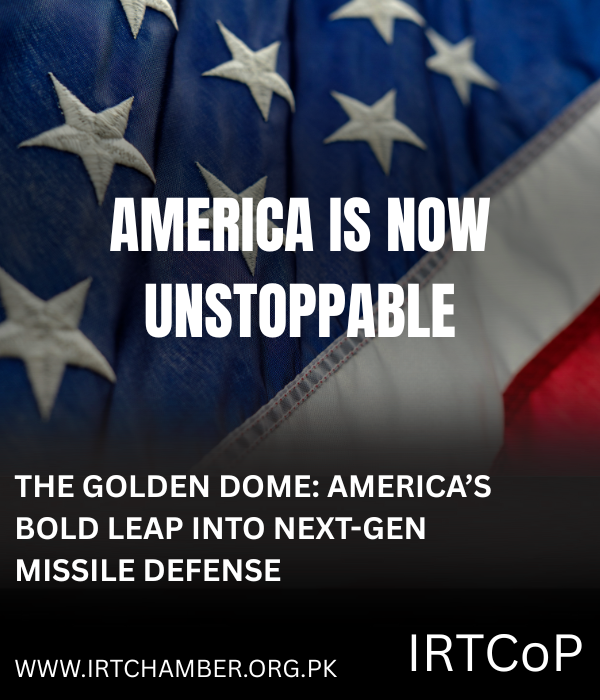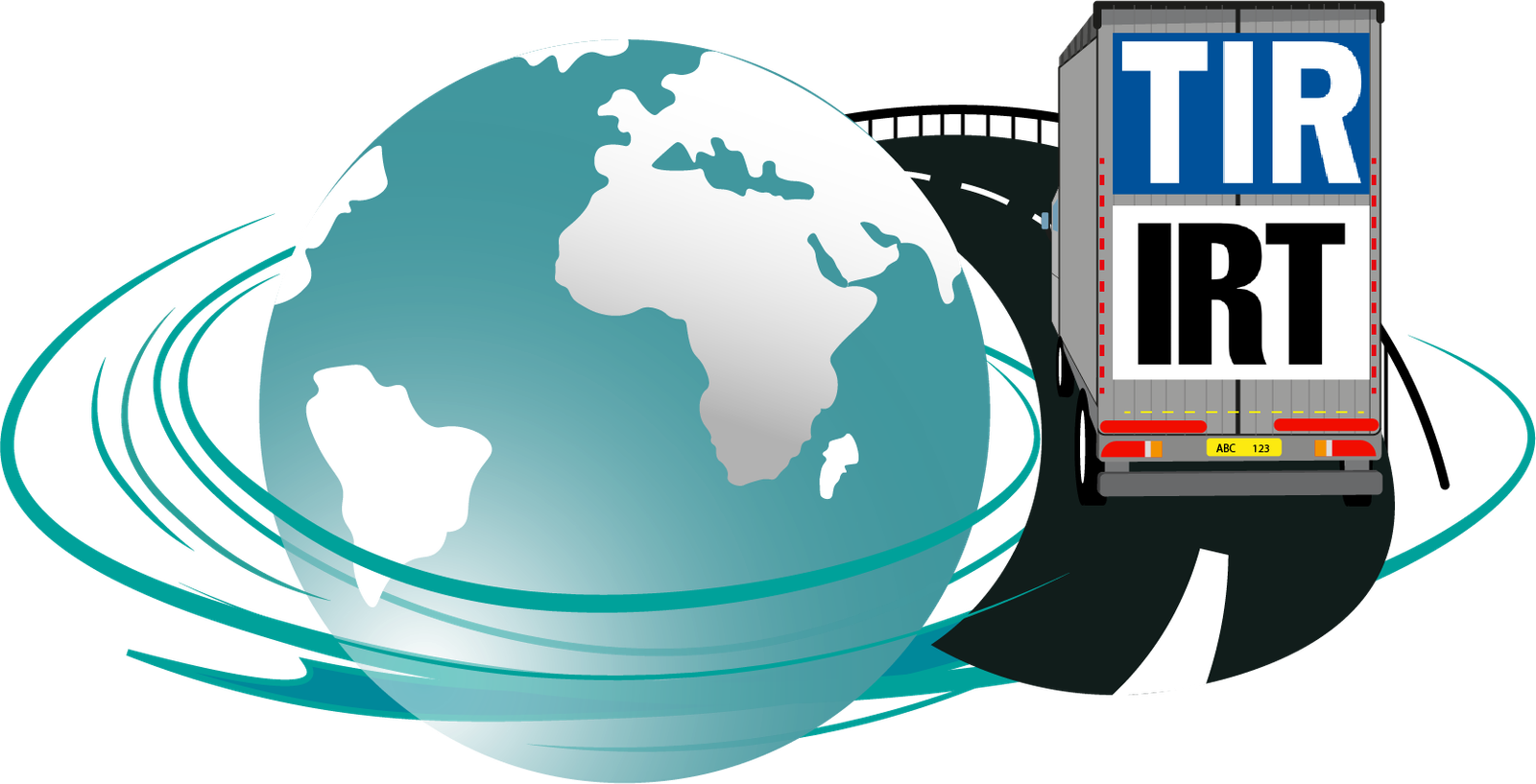In a dramatic and closely watched development on the world stage, Pakistan has taken over the presidency of the United Nations Security Council (UNSC) for the month of July 2025. As the rotating head of the UN’s most powerful body, Islamabad steps into the global spotlight—not just to facilitate multilateral dialogue, but to potentially influence global discourse at a time of heightened regional conflict, growing global instability, and renewed Indo-Pakistani tensions over Kashmir.
This presidency comes after a 12-year gap, making it Pakistan’s eighth term on the Security Council. The moment is historic—but also laden with political undertones, sharp diplomatic maneuvers, and a backdrop of escalating violence and accusations in South Asia.

A Symbolic Seat in a Time of Global Crisis
The UN Security Council presidency rotates monthly among its 15 member states. Although largely symbolic in terms of power, the presidency holds significant weight when it comes to setting the agenda, presiding over meetings, and representing the Council publicly. For Pakistan, this is more than just a formality—it is a diplomatic opportunity to reframe narratives, reinforce alliances, and promote a peaceful international image.
In his opening remarks, Pakistan’s Permanent Representative to the UN, Ambassador Asim Iftikhar Ahmad, emphasized the urgency of multilateralism and peace.
“We will closely work with other Council members in a spirit of cooperation for collective and timely action,” said Ahmad. “Our approach will reflect the principles of the UN Charter and meet the expectations of the global community.”
But beyond these carefully chosen words lies a deep and complex geopolitical context, one that could shape the direction and perception of Pakistan’s presidency throughout the month.
South Asia on Edge: Kashmir and the Pahalgam Attack
The presidency comes just days after a deadly attack in Pahalgam, a town located in Indian-administered Kashmir, where 26 Hindu pilgrims were killed during a religious visit. India was quick to blame Pakistan-based militant groups for orchestrating the assault—a charge Pakistan firmly denies.
The attack has reignited tensions over Kashmir, a disputed territory that has sparked three wars and remains a perennial flashpoint between two nuclear-armed neighbors.
India reacted swiftly by:
Suspending its participation in the Indus Waters Treaty, a critical water-sharing agreement.
Downgrading diplomatic ties with Islamabad.
And according to Indian outlet The Economic Times, preparing a strategic response aimed at countering Pakistan’s narrative at the UN.
New Delhi’s focus will reportedly be on showcasing its economic development, democratic credentials, and commitment to global peacekeeping and the UN Sustainable Development Goals (SDGs). India also plans to spotlight cross-border terrorism, painting Pakistan as a destabilizing force in the region.
The Power and Limits of the UNSC Presidency
Though the presidency does not confer policy-making power or veto authority, it allows the presiding nation to:
Shape the agenda of Security Council meetings.
Chair open debates on thematic and regional issues.
Host high-level briefings and signature events.
Influence the global media narrative through diplomatic messaging and press briefings.
This makes the role especially powerful in soft diplomacy—and Islamabad is fully aware of the stakes.
“Pakistan’s presidency comes at a time of global tumult,” said Ambassador Ahmad. “With growing instability, escalating conflicts, and a complex geopolitical and geostrategic landscape, our responsibility is to push for dialogue, diplomacy, and durable peace.”
Observers suggest Pakistan may use this moment to:
Highlight unresolved conflicts, particularly Kashmir.
Reinforce its commitment to multilateralism and counter-terrorism.
Shift global perception away from past criticisms regarding extremism and instability.
A Moment of Redemption—or Risk?
For Pakistan, this presidency is not just a diplomatic milestone. It is a litmus test—a chance to be seen not just as a South Asian actor, but as a serious international stakeholder committed to global peace and responsible governance.
Yet, the risks are equally significant.
India’s diplomatic corps is expected to be proactive and visible, contesting every attempt by Pakistan to raise issues related to Kashmir or cross-border narratives. Western powers—often cautious about antagonizing either side—will be watching closely, particularly in the aftermath of the Pahalgam attack.
Moreover, the broader global climate is fraught:
The Ukraine-Russia war continues to destabilize Eastern Europe.
Tensions between China and the West are escalating in the South China Sea.
Humanitarian crises in Gaza, Sudan, and Afghanistan persist with no clear resolution.
In this volatile environment, Pakistan’s ability to lead with balance, restraint, and diplomatic tact will be critical.
What Lies Ahead?
Pakistan’s presidency of the Security Council is, on paper, a 30-day assignment. But its implications could last far longer.
If handled skillfully, this moment could:
Elevate Pakistan’s international credibility.
Offer a platform for constructive dialogue on long-standing regional conflicts.
Demonstrate Islamabad’s commitment to peace, stability, and cooperation.
However, any perceived use of the platform to settle scores or escalate narratives could backfire diplomatically, intensifying global skepticism and increasing regional isolation.
As the world watches this high-stakes diplomatic stage unfold, one thing is certain: the presidency of July 2025 may very well define Pakistan’s global posture for years to come.






